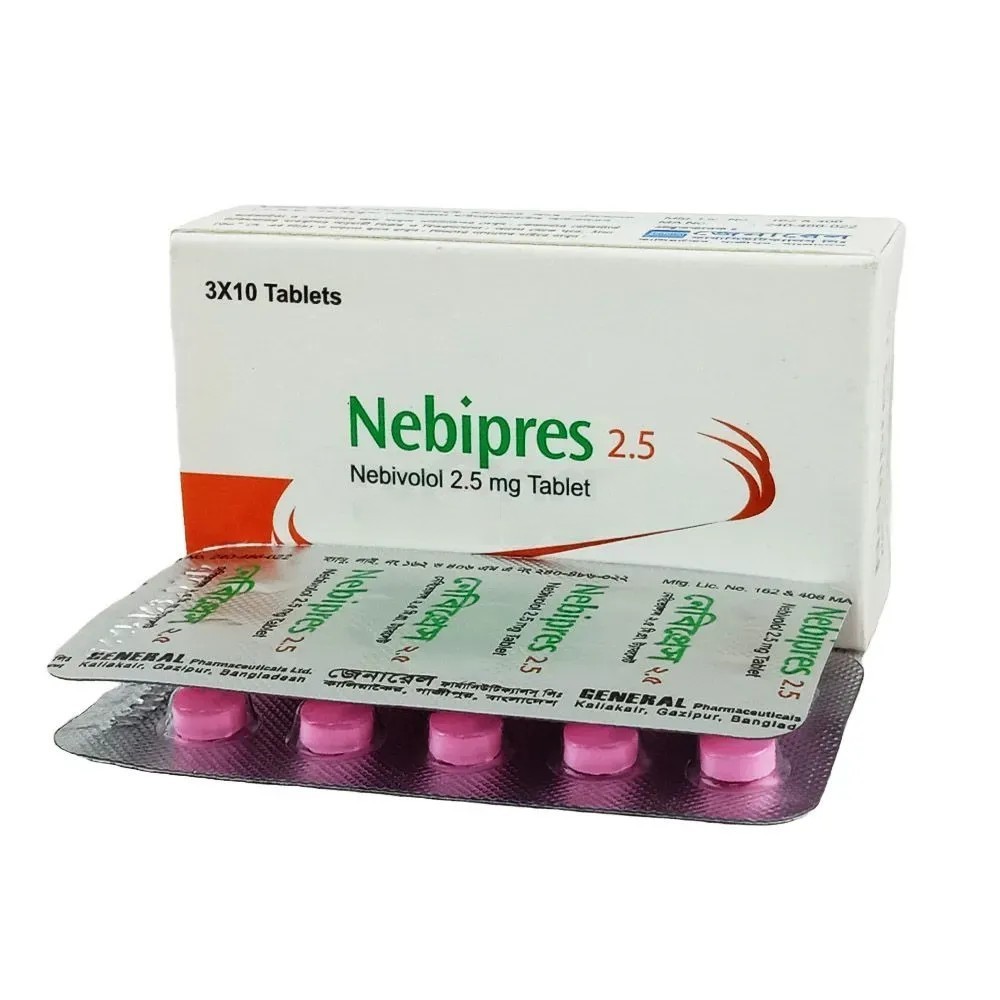

Nebipres Tablet, Nebivolol Hydrochloride 2.5 mg
Inhouse product
-
৳11.40
৳12.00 -
৳42.75
৳45.00 -
৳16.63
৳17.50 -
৳2.14
৳2.25
Reviews & Ratings
Indications
Nebipres is indicated
in-
- Hypertension
- Treatment of essential
hypertension
- Chronic heart failure (CHF)
- Treatment of stable mild and
moderate chronic heart failure in addition to standard therapies in
elderly patients.
* রেজিস্টার্ড চিকিৎসকের পরামর্শ মোতাবেক ঔষধ সেবন করুন'
Pharmacology
Nebivolol is a β
adrenergic receptor blocking agent. Nebivolol inhibits both β1 and β1
adrenergic receptors. Nebivolol lacks intrinsic sympathomimetic and membrane
stabilizing activity at therapeutically relevant concentrations. At clinically
relevant doses, Nebivolol does not demonstrate β1-adrenergic receptor blockade
activity. Various metabolites, including glucuronides, contribute to
beta-blocking activity.
Mode of Action of Nebivolol involved include:
- decreased heart rate
- decreased myocardia
contractility
- diminution of tonic sympathetic
outflow to the periphery from cerebral vasomotor centers
- suppression of renin activity
and
- vasodilation and decreased
peripheral vascular resistance
Pharmacokinetics: Nebivolol is metabolized by a number of
routes, including glucuronidation and hydroxylation by CYP2D6. The active
isomer (d-nebivolol) has an effective half-life of about 12 hours in CYP2D6
extensive metabolizers (most people), and 19 hours in poor metabolizers and
exposure to d-nebivolol is substantially increased in poor metabolizers. This
has less importance than usual, however, because the metabolites, including the
hydroxyl metabolite and glucuronides (the predominant circulating metabolites),
contribute to b blocking activity.
Absorption and
Distribution: Absorption of
Nebivolol is similar to an oral solution. Mean peak plasma nebivolol
concentrations occur approximately 1.5 to 4 hours post-dosing in EMs and PMs.
Food does not alter the pharmacokinetics of nebivolol. Nebivolol may be
administered without regard to meals. The in vitro human plasma protein binding
of nebivolol is approximately 98%, mostly to albumin, and is independent of
nebivolol concentrations.
Metabolism and
Excretion: Nebivolol is
predominantly metabolized via direct glucuronidation of parent and to a lesser
extent via N-dealkylation and oxidation via cytochrome P450 2D6. After a single
oral administration of 14C-nebivolol, 38% of the dose was recovered in urine
and 44% in feces for EMs and 67% in urine and 13% in feces for PMs.
Digoxin: Concomitant administration of Nebivolol (10
mg once daily) and digoxin (0.25 mg once daily) for 10 days in 14 healthy adult
individuals resulted in no significant changes in the pharmacokinetics of
digoxin or nebivolol.
Warfarin: Administration of Nebivolol (10 mg once
daily for 10 days) led to no significant changes in the pharmacokinetics of
nebivolol or R- or S-warfarin following a single 10 mg dose of warfarin.
Similarly, nebivolol has no significant effects on the anticoagulant activity
of warfarin, as assessed by Prothrombin time and INR profiles from 0 to 144
hours after a single 10 mg warfarin dose in 12 healthy adult volunteers. The
starting dose should be reduced in patients with moderate hepatic impairment.
No formal studies have been performed in patients with severe hepatic
impairment and nebivolol should be contraindicated for these patients.
Dosage &
Administration
The dose of Nebivolol
should be individualized to the needs of the patient. For most patients, the
recommended starting dose is 5 mg once daily, with or without food, as
monotherapy or in combination with other agents. For patients requiring further
reduction in blood pressure, the dose can be increased at 2-week intervals up
to 40 mg. A more frequent dosing regimen is unlikely to be beneficial.
* রেজিস্টার্ড চিকিৎসকের পরামর্শ মোতাবেক ঔষধ সেবন করুন'
Interaction
Nebipres should be
used with care when myocardial depressants or inhibitors of AV conduction, such
as certain calcium antagonists (particularly of the phenylalkylamine [verapamil]
and benzothiazepine [diltiazem] classes), or antiarrhythmic agents, such as
disopyramide, are used concurrently. Both digitalis glycosides and β-blockers
slow atrioventricular conduction and decrease heart rate. Concomitant use can
increase the risk of bradycardia.
Nebipres should not be combined with other β-blockers. Patients receiving
catecholamine-depleting drugs, such as reserpine or guanethidine, should be
closely monitored, because the added β-blocking action of Nebipres may produce
excessive reduction of sympathetic activity. In patients who are receiving
Nebipres and clonidine, Nebipres should be discontinued for several days before
the gradual tapering of clonidine.
CYP2D6 Inhibitors: Use caution when Nebipres is co-administered with CYP2D6
inhibitors (quinidine, propafenone, fluoxetine, paroxetine, etc.)
Contraindications
Nebivolol is
contraindicated in patients with severe bradycardia, heart block greater than
first degree, cardiogenic shock, decompensated cardiac failure, sick sinus
syndrome (unless a permanent pacemaker is in place), or severe hepatic
impairment (Child-Pugh >B), and in patients who are hypersensitive to any
component of this product.
Side Effects
Headache, nausea and
bradycardia.
Precautions &
Warnings
Abrupt Cessation of
Therapy: Patients with
coronary artery disease treated with Nebipres should be advised against abrupt
discontinuation of therapy. Severe exacerbation of angina and the occurrence of
myocardial infarction and ventricular arrhythmias have been reported in
patients with coronary artery disease following the abrupt discontinuation of
therapy with β-blockers. Myocardial infarction and ventricular arrhythmias may
occur with or without preceding exacerbation of the angina pectoris. Even patients
without overt coronary artery disease should be cautioned against interruption
or abrupt discontinuation of therapy. As with other β-blockers, when
discontinuation of Nebipres is planned, patients should be carefully observed
and advised to minimize physical activity. Nebipres should be tapered over 1 to
2 weeks when possible. If the angina worsens or acute coronary insufficiency
develops, it is recommended that Nebipres be promptly reinstituted, at least
temporarily.
Cardiac Failure: Sympathetic stimulation is a vital component
supporting circulatory function in the setting of congestive heart failure, and
(β-blockade may result in further depression of myocardial contractility and
precipitate more severe failure. In patients who have compensated congestive
heart failure, Nebipres should be administered cautiously. If heart failure
worsens, discontinuation of Nebipres should be considered.
Angina and Acute
Myocardial Infarction: Nebipres was not
studied in patients with angina pectoris or who had a recent Ml.
Bronchospastic
Diseases: In general, patients
with bronchospastic diseases should not receive (3-blockers.
Anesthesia and Major
Surgery: If Nebipres is to be
continued perioperatively, patients should be closely monitored when anesthetic
agents which depress myocardial function, such as ether, cyclopropane, and
trichloroethylene, are used. If β-blocking therapy is withdrawn prior to major
surgery, the impaired ability of the heart to respond to reflex adrenergic
stimuli may augment the risks of general anesthesia and surgical procedures.
The β-blocking effects of Nebipres can be reversed by β-agonists, e.g.,
dobutamine or isoproterenol. However, such patients may be subject to
protracted severe hypotension. Additionally, difficulty in restarting and maintaining
the heartbeat has been reported with (β-blockers).
Diabetes and
Hypoglycemia: β-blockers may mask
some of the manifestations of hypoglycemia, particularly tachycardia.
Nonselective β-blockers may potentiate insulin-induced hypoglycemia and delay
recovery of serum glucose levels. It is not known whether nebivolol has these
effects. Patients subject to spontaneous hypoglycemia, or diabetic patients
receiving insulin or oral hypoglycemic agents, should be advised about these
possibilities and nebivolol should be used with caution.
Thyrotoxicosis: β-blockers may mask clinical signs of
hyperthyroidism, such as tachycardia. Abrupt withdrawal of β-blockers may be
followed by an exacerbation of the symptoms of hyperthyroidism or may
precipitate a thyroid storm.
Peripheral Vascular
Disease: β-blockers can
precipitate or aggravate symptoms of arterial insufficiency in patients with
peripheral vascular disease. Caution should be exercised in these patients.
Non-dihydropyridine
Calcium Channel Blockers:
Because of significant negative inotropic and chronotropic effects in patients
treated with β-blockers and calcium channel blockers of the verapamil and
diltiazem type, caution should be used in patients treated concomitantly with
these agents and ECG and blood pressure should be monitored.
Use in Special
Populations
Impaired Renal
Function: Nebipres should be
used with caution in patients with severe renal impairment because of decreased
renal clearance. Nebipres has not been studied in patients receiving dialysis.
Impaired Hepatic
Function: Nebipres should be
used with caution in patients with moderate hepatic impairment because of
decreased metabolism. Since Nebipres has not been studied in patients with
severe hepatic impairment, Nebipres is contraindicated in this
population.
Risk of Anaphylactic
Reactions: While taking
β-blockers, patients with a history of severe anaphylactic reactions to a
variety of allergens may be more reactive to repeated challenges either
accidental, diagnostic, or therapeutic. Such patients may be unresponsive to
the usual doses of epinephrine used to treat allergic reactions.
Therapeutic Class
Beta-adrenoceptor
blocking drugs, Beta-blockers
Storage Conditions
Keep below 30°C temperature, away from light
& moisture. Keep out of the reach of children.
Frequently Bought Products
Tocef Capsule, Cefixime Trihydrate 400 mg
Fusid Tablet, Furosemide 40 mg
Otelast Tablet Apremilast 10 mg
Venlax Tablet, Venlafaxine Hydrochloride 37.5 mg
Rose Capsule, Evening primrose oil 500 mg
Product Queries (0)
Login Or Registerto submit your questions to seller
Other Questions
No none asked to seller yet
-
৳11.40
৳12.00 -
৳42.75
৳45.00 -
৳16.63
৳17.50 -
৳2.14
৳2.25
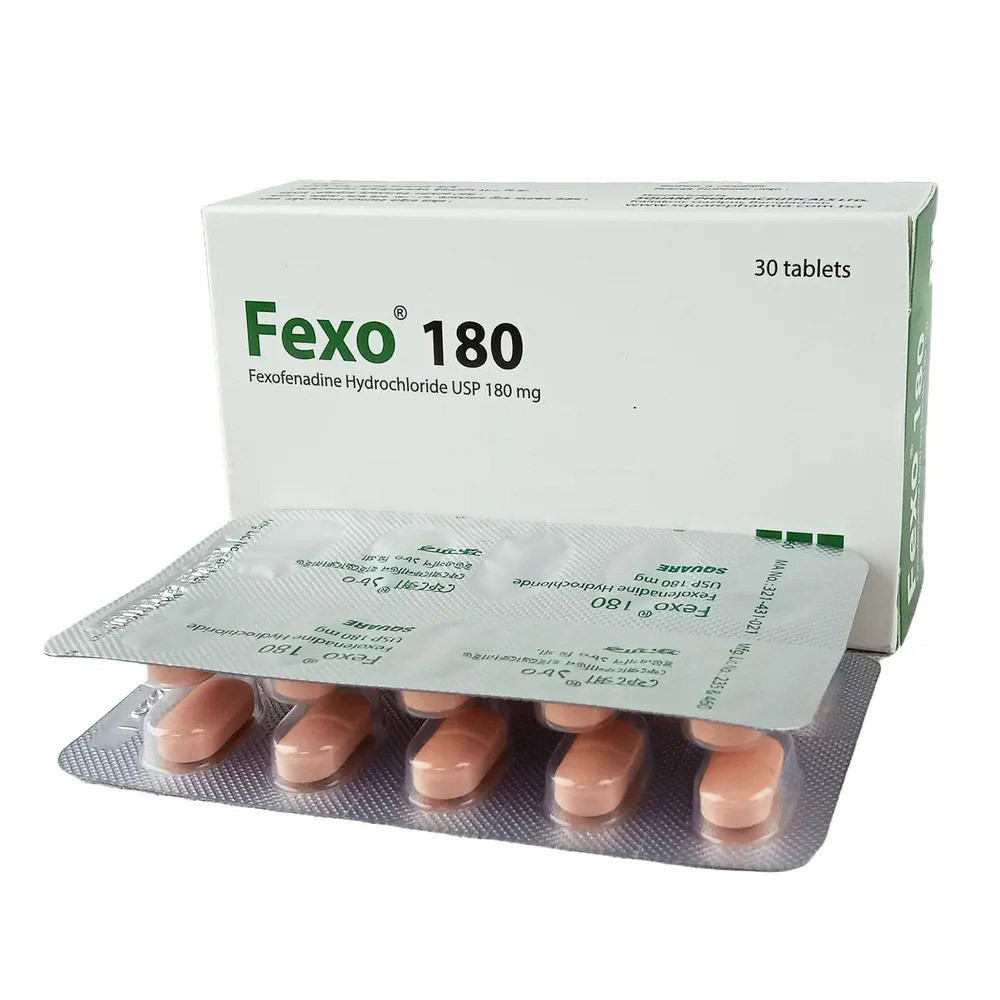



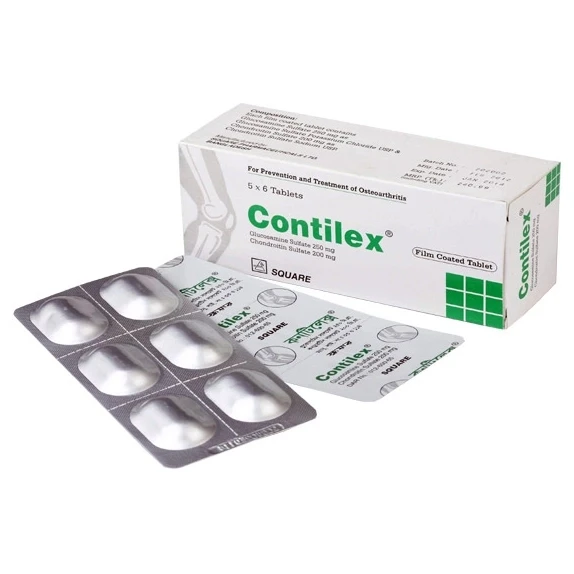
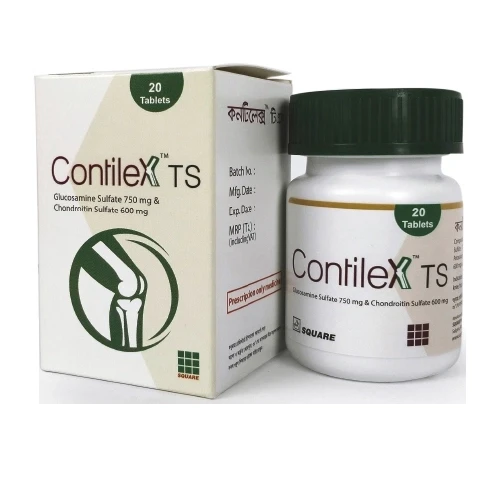
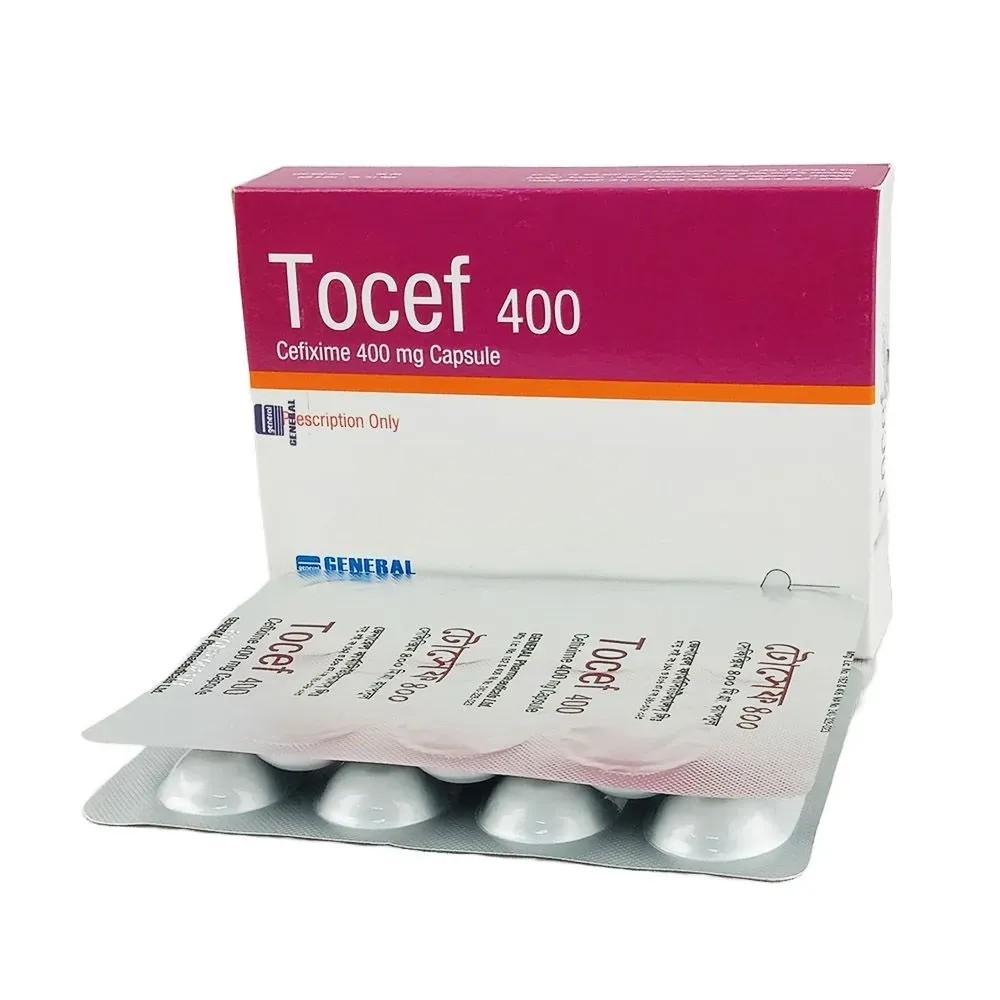
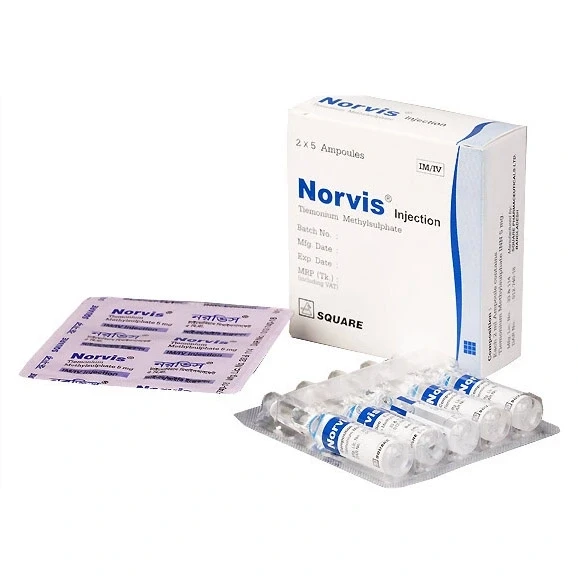


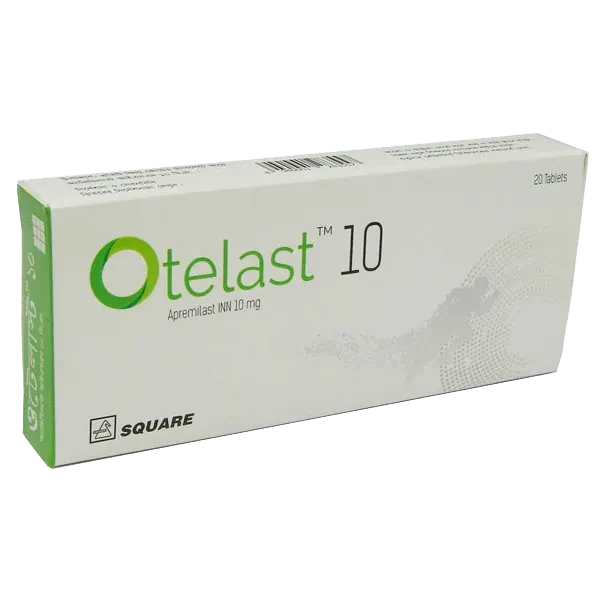
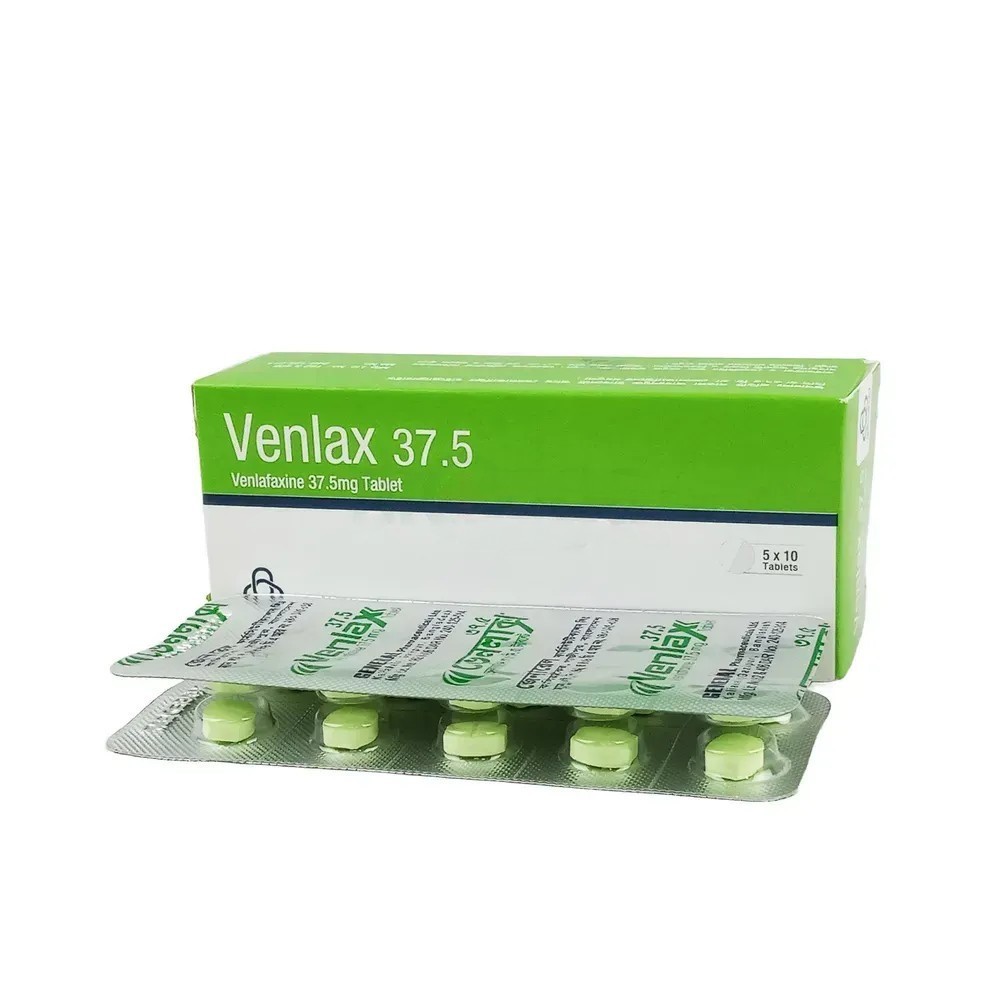


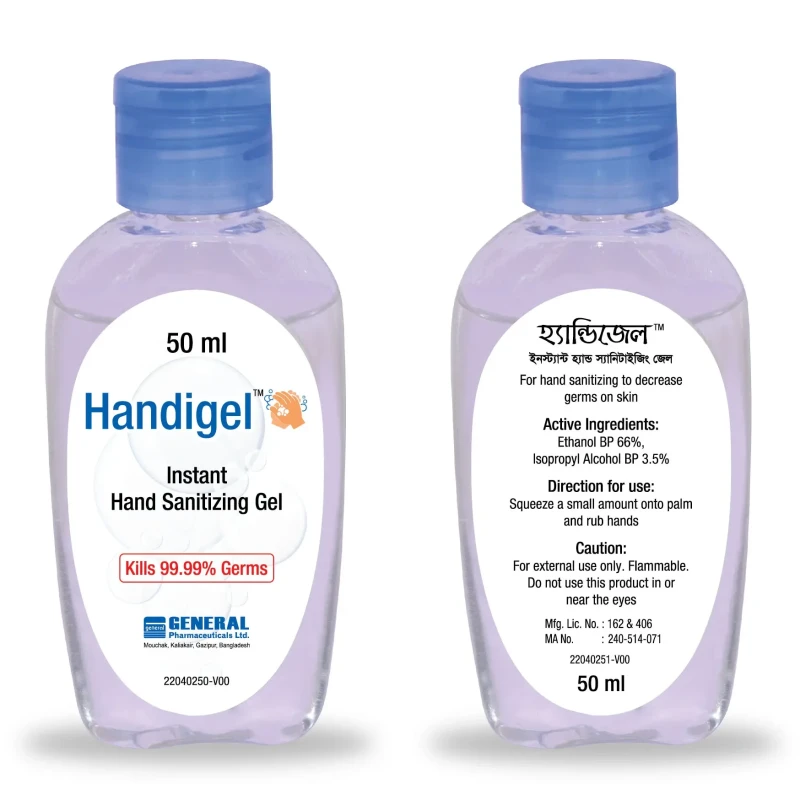
![Ispergul Effervescent Powder, Ispaghula Husk [Psyllium] 3.5 gm/sachet](https://www.skpharma.com.bd/public/uploads/all/twVEL4pCaMvqidTfYlmsqDrl6oMHFeC6MJdpQebM.webp)

